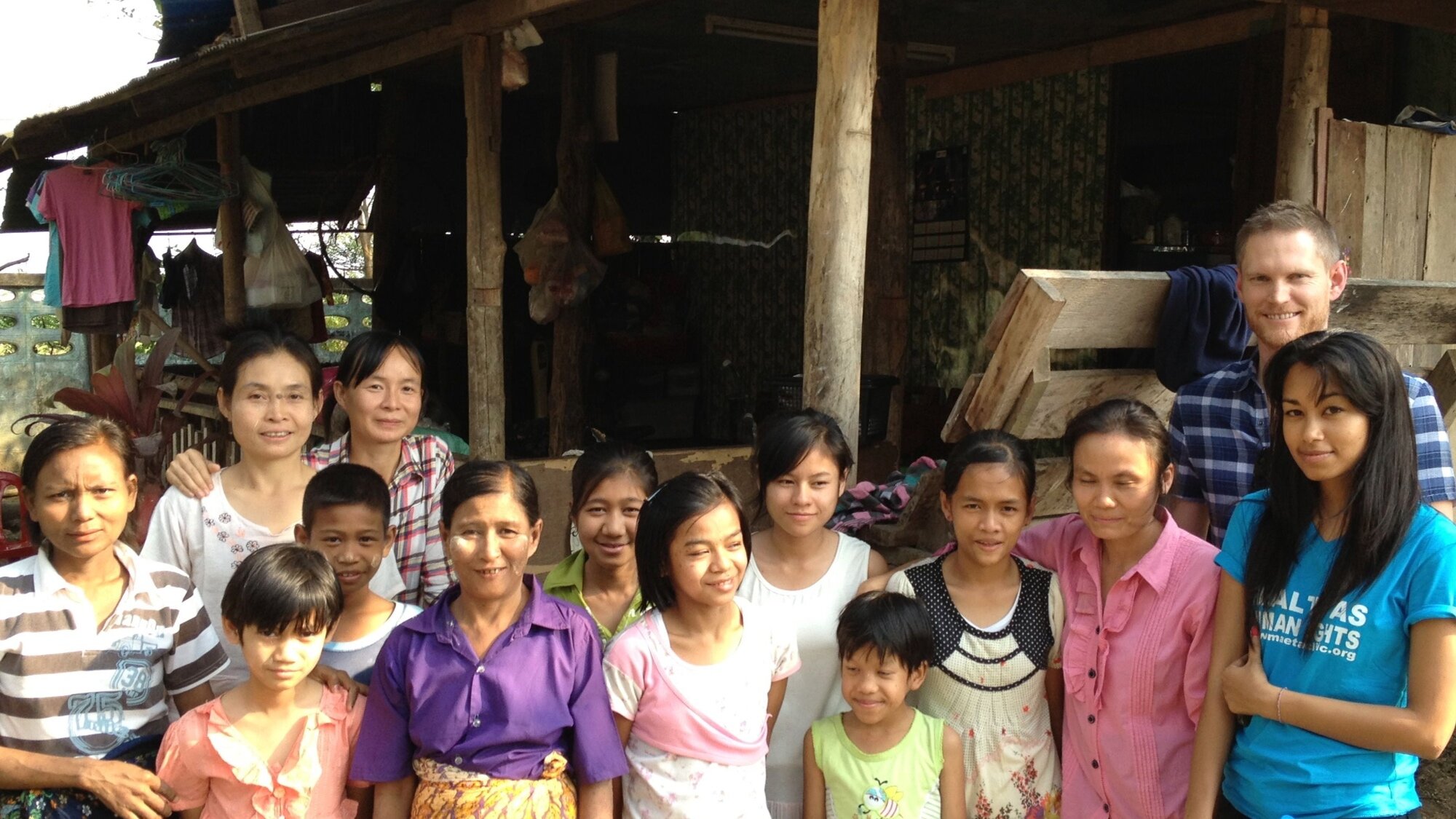In 2002 thousands of people in the developing world were still dying of AIDS, even though proven ARV (anti-retroviral) treatments were saving the lives of people living with HIV in the West. Derek Frost (L) and Jeremy Norman (R) founded AidsArk that year as a response to the crisis.
The name AidsArk was inspired by the book Schindler’s Ark, which inspired the movie Schindler’s List, both referencing the biblical Noah’s Ark story. Oskar Schindler saved over 1,000 Jews from Nazi death camps, under the premise “To save one soul is to save the world entire.”
It should have been a simple solution, but far from it:
Supply ARVs to people with HIV and they won’t die from AIDS. But back in the early 2000’s drug costs, governments, red tape and developing world logistics were all challenges to be overcome. In some countries ARVs were still illegal to import.
Partnering with like-minded Doctors became the answer:
It was by finding doctors and clinics like Dr Raju at FXB India, Dr Frank Smithuis at MAM Myanmar, Dr Cynthia Maung at the Mae Tao Clinic on the Thai-Myanmar border and the Desmond Tutu Aids Foundation in South Africa, that AidsArk found the route to supply ARVs and support medical care to sick HIV+ adults and children who had no access to them. Many were on their death beds already.

“When patients arrive at our clinic they are extremely sick. Within a few months they are back to their normal weight, and within 4-6 months they are back to work or school. ARVs are a miracle drug, for a tiny amount of money.”
Dr Frank Smithuis MAM Myanmar
This model worked, and AidsArk appealed to donors to buy as many ARVs as they could, to treat as many patients as possible. AidsArk ensured at least three years of ARV supply for any new patient. Additional projects were found and funded, some on a short term basis until bigger donors were secured, or the Global Fund took over ARV supply. Others were longer term commitments that continue to this day.
In 2016 David Primost (R) and Martin Franklin (L), previously AidsArk trustees, took full responsibility when Derek and Jeremy decided to retire from the charity. Today, AidsArk is still 100% volunteer-led, with all overheads covered by the founder trustees, and supports projects in Cambodia, India, Myanmar, South Africa and Thailand. All are visited regularly.
The moving memoir of Derek Frost, AidsArk Founder Trustee:
The tale of a devastating pandemic, of lives cut painfully short; it's also a love letter…
Derek, a distinguished designer and J, his husband, entrepreneur and creator of both The Embassy Club, London’s answer to Studio 54, and iconic Heaven, Europe’s largest gay discotheque, met and fell in love more than 40 years ago. Their lives were high-octane, full of adventure, fun and fearless creativity.
Suddenly their friends began to get sick and die – AIDS had arrived. When they got tested, J received what was then a death sentence: he was HIV Positive. While the onset of AIDS strengthened stigma and fear, they confronted their personal crisis with courage, humour and an indomitable resolve to survive.
J’s battle lasted six years. Turning to spiritual reflection, yoga, nature – and always to love – Derek describes a transformation of the spirit, how compassion and empathy rose from the flames of sickness and death. Out of this transformation also came AidsArk, the charity they founded, which helped to save more than 1,000 HIV Positive lives.
This is a story of joy and triumph; about facing universal challenges; about the great rewards that come from giving back. Derek speaks for a generation who lived through a global health crisis that many in society refused even to acknowledge. His is a powerful story chronicling this extraordinary time.
See Derek’s fascinating picture book on the origins and development of AidsArk:








